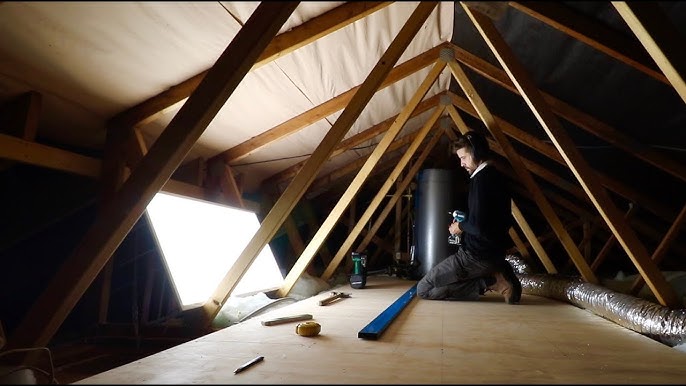Ensuring excellent indoor air quality is crucial for both homeowners and real estate developers. Poor indoor air quality can lead to severe health issues ranging from allergies to respiratory problems. That’s why understanding how to improve indoor air quality in building is indispensable for anyone involved in property development or maintenance.

Understanding the Need for Better Indoor Air Quality
Indoor air quality is often compromised by pollutants like dust, mold, and chemicals used in various household products. With more awareness of these issues, the demand for better air quality has increased.
Health Implications of Poor Air Quality
Poor indoor air quality can cause several health problems, including:
- Respiratory issues
- Allergies
- Asthma
- Even long-term conditions like COPD
Improving indoor air quality can lead to a healthier living environment and enhance overall well-being.

Strategies to Improve Indoor Air Quality
Ventilation Systems
One of the most effective ways to enhance air quality is by installing efficient ventilation systems. These systems help in circulating fresh air and removing pollutants.
Regular Maintenance
Maintaining HVAC systems is critical. Changing filters regularly ensures that pollutants are not recirculated.
Using Air Purifiers
Air purifiers are excellent for removing contaminants from the air. Choose purifiers with HEPA filters for maximum effectiveness.
Natural Airflow
Opening windows and doors provides natural ventilation, reducing the concentration of indoor pollutants.
Houseplants
Certain houseplants can improve air quality by absorbing toxins. Some effective plants include spider plants, snake plants, and peace lilies.

Choosing the Right Building Materials
Low VOC Paints
Volatile Organic Compounds (VOCs) in paints can affect air quality. Opt for low VOC paints or those certified for indoor use. For insights on sustainable materials, click here.
Non-Toxic Flooring
Consider non-toxic flooring options like cork, bamboo, or low-VOC carpets. These materials release fewer pollutants into the indoor environment.
Eco-Friendly Insulation
Choosing eco-friendly insulation materials like cellulose can significantly impact indoor air quality. Read more about sustainable building practices here.
Smart Technology for Air Quality
The advent of smart home technology provides tremendous avenues for improving indoor air quality.
Smart Thermostats
Smart thermostats can optimize HVAC performance, ensuring adequate ventilation while saving energy.
Air Quality Monitors
These devices offer real-time data on indoor air quality, allowing homeowners to take immediate action. Explore more about technology integration here.
Practical Tips for Daily Habits
- Avoid smoking indoors
- Use exhaust fans while cooking
- Clean regularly to minimize dust and allergens
DIY Air Quality Testing
You can perform basic air quality tests using DIY kits available in the market. These kits can indicate the presence of contaminants like radon and mold.
Developing Sustainable Buildings
Real estate developers have a significant role in promoting better air quality by incorporating sustainable practices. More on sustainable development practices here.
Case Studies
Residential Buildings
In several residential projects, implementing eco-friendly materials and efficient ventilation systems has tremendously improved air quality.
Commercial Buildings
Commercial buildings adopting green standards have seen a decrease in health-related complaints among employees.
Government Regulations and Standards
Several governments have established standards and guidelines for indoor air quality. Familiarize yourself with these regulations to ensure compliance.
Future Trends
Expect advancements in smart home technology and a higher focus on sustainable building materials. The future holds promising innovations for indoor air quality.
Conclusion
Understanding how to improve indoor air quality in building is critical for health and well-being. Incorporate the discussed strategies for a better living or working environment.
Frequently Asked Questions (FAQ)
Why is indoor air quality important?
Good indoor air quality is essential for health and well-being, reducing risks related to respiratory issues and allergies.
What are some easy ways to improve indoor air quality?
Easy ways include using air purifiers, regular cleaning, natural ventilation, and incorporating houseplants.
Can building materials affect air quality?
Yes, building materials like low VOC paints and eco-friendly insulation can significantly enhance indoor air quality.
As an Amazon Associate, I earn from qualifying purchases.



